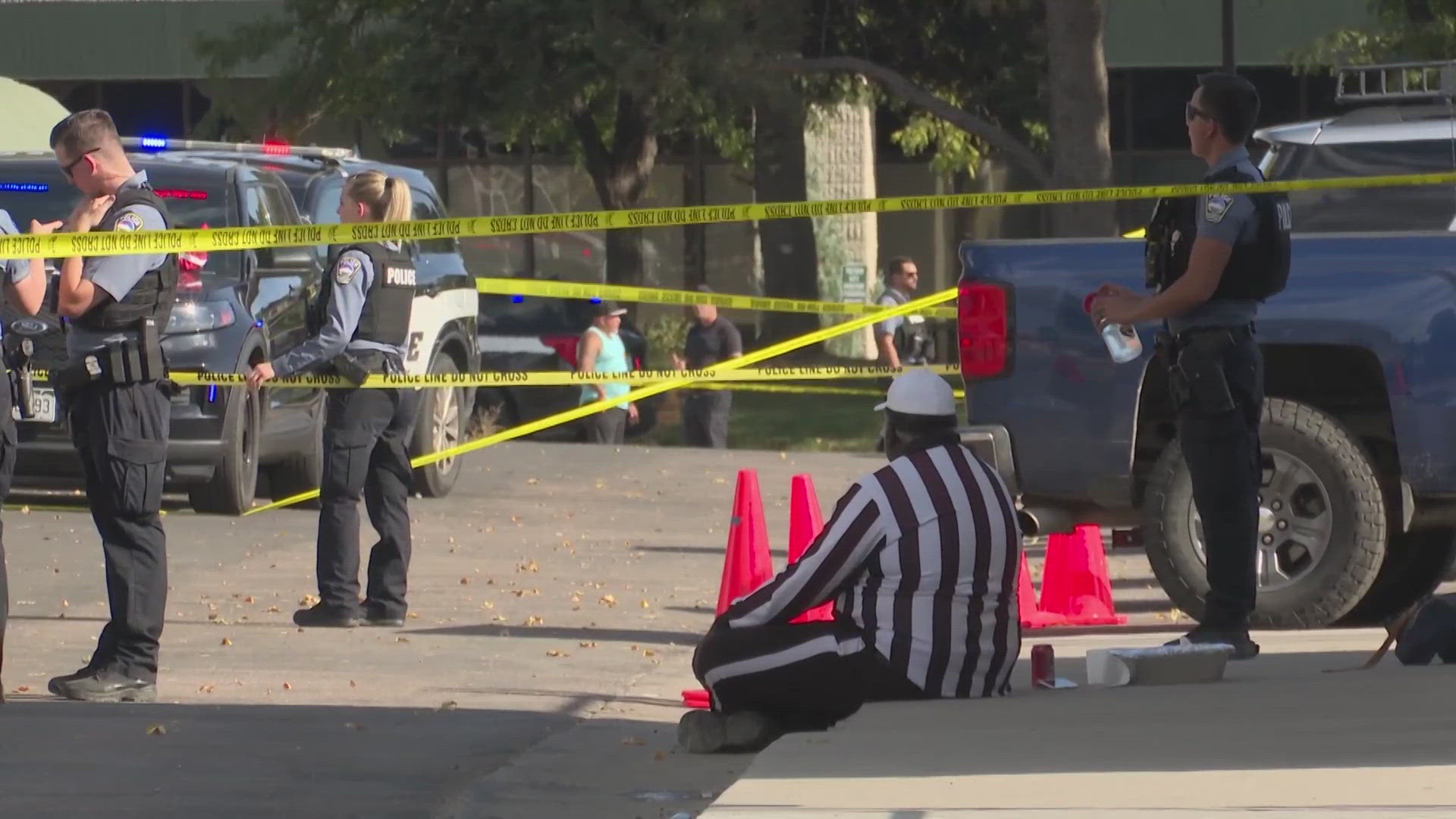KUSA - Love letters are romantic, dreamy and hopeful for the future.
When 71-year-old “Carol” received several of them in late December from a man who told her he worked in finance and lived in France, she said she started falling for him. 9NEWS is not using Carol's real name because she does not want to show her face on TV out of embarrassment.
Carol’s story ended with the loss of $205,000, nearly everything she had saved, and she hopes her story with be a cautionary tale for others.
“That's a lot of money. That's everything I had,” she said. “I was sure I was going to get [it] back within a few days.”
Carol, a widow who lost her husband in 2016, said she was lonely and decided to try online dating.
“I thought it might be fun,” she said.
That's how Carol met her new friend, communicating with him via email, text and phone for months, she said.
Carol said the new friend sent her pictures of himself, co-workers, children and family.
He quoted scripture, talked about God and love and wrote her poems, she said.
Carol’s friend then offered her an investment opportunity. Carol said she researched the opportunity and ultimately wired him money twice – a total of $205,000.
“I got taken, what can I say. It was stupid,” she said. “There were a lot of red flags.”
Carol said her friend was supposed to fly to Denver. She said she even went to the airport, but he never showed.
“I cried for five days,” she said. “Knew at that point I’d been taken, the whole business. But then he called again.”
The man told Carol he needed an attorney and asked her for money yet again. This time, she said, she was “done.”
Carol said she knew she was disappointing her kids.
“But I didn't want them to think that I needed money from them or anything,” she said. “I'm OK. I just don't have the security blanket I used to have."
Jane Walsh, Denver senior deputy district attorney and director of at-risk protection, said her office has seen a significant uptick in the number of cases involving hundreds of thousands of dollars being stolen.
“Multiply it by the number of times it's happening over the U.S.A. and it's a huge problem,” she said. “The other issue with sweetheart scams is that the victims very often flat out refuse to believe that it's a fraud, even when confronted, because everyone wants to believe they have found love."
Carol said she has emailed the man 20 to 25 times demanding he give back her money. But she knows it’s gone. She also reported the scam to the Denver Police Department.
According to DPD's report, a detective checked the number Carol used to communicate with her friend, and it came up as an unregistered internet-based phone number. .
Carol also said she filed a report with the FBI Fraud Department.
Experts in scams like this believe the money is as good as gone.
“I can’t explain it,” Carol said. “All I can say is, don’t do it. Listen to your gut. If I had only listened to my gut. It spoke to me many times, and I didn’t listen.”
Maro Casparian, director of consumer protection at the Denver District Attorney’s Office, said while most people think it’s easy to spot scams, they are often very good at their jobs.
“They know how to work you,” Casparian said. “In a sweetheart scam, these fraudsters have all the time in the world. They are probably working multiple 'sweethearts' at any one time. As any sales person knows, develop a relationship with the person first, then become their friend, then ask for the 'sale.’”
“As our sweetheart victim said, he asked for money early in the relationship, and she said 'no,” Casparian added. “But over time, her guard was down -- love was in the air and the scammer had developed a level of trust with the victim.”
Casparian said to be aware of red flags, such as when the person claims to be in eminent danger, arrested or that his or her computer crashed.
“Scammers keep us in fear … allowing no time to control the fight or flight portion of our brains,” Casparian said.



